Empowering Future Architects and Engineers with Expertise and Vision
For over 60 years, the Department of Architecture has proudly built a tradition of excellence, producing more than 7,000 accomplished graduates who contribute to society. Our Tokyo Senju Campus, designed by the world-renowned architect Fumihiko Maki, provides students with an inspiring and world-class environment to develop their creativity and potential.
Our integrated six-year curriculum, encompassing undergraduate and master’s studies, is designed to equip students with technical expertise and cultural awareness. This holistic approach ensures they excel in architectural planning, design, structural engineering, and environmental systems while fostering a deep understanding of humanity and society.
Creating sustainable architectural and urban environments requires more than technical skills. It demands a broad understanding of human needs and societal contexts, combined with creativity and innovation to synthesize these elements into meaningful solutions. Our programs prepare students to meet these challenges with confidence.
The graduate program offers a unique opportunity for students to fulfill the practical experience requirements for the second-class architect license during their studies. After graduation, students can complete the necessary practical experience to qualify for the first-class architect license within two years. Supporting this initiative is our affiliated first-class architect office, a groundbreaking effort and the first of its kind in the Tokyo metropolitan area.
Department of Architecture
Message from the Department Chair
Yoshihiro Yokote
Chair of the Department of Architecture, School of Science and Technology for Future Life
Education to Lead the Future of Architecture
- Critique of design work based on individuality and ability through small-group education.
- Education for mastering design and communication skills with a focus on exercises and practical training.
- Collaborative design education from the Planning and Design, Structure, and Mechanical and Environmental divisions that anticipate practical conditions in society.
- Experimental education focusing on computational design.
- Practice-based education taught by young professionals.
- Proficiency tests offered to help candidates pass the Japanese architecture licensing exam
Education to Lead the Future of Architecture
- Personalized Education
Small-class settings ensure tailored guidance that nurtures each student’s unique abilities and potential. - Hands-on Learning
Practice-centered education focuses on enhancing design and communication skills through real-world applications. - Comprehensive Design Training
A curriculum integrating expertise in design, structural engineering, and environmental systems to prepare students for professional practice. - Advanced Digital Skills
Training in state-of-the-art digital tools and techniques to excel in the evolving architectural landscape. - Industry-Relevant Practical Training
Education is delivered by both full-time and part-time professionals actively working at the forefront of the field. - Integrated Licensure Pathway
A seamless undergraduate-to-master’s curriculum supports first-class architect certification, including internships fulfilling two years of practical experience. - Examination Preparation
Specialized education aimed at equipping students to pass the first-class architect examination successfully.
Graduate Programs
Nurturing Experts in Architecture with Professional Skills and Comprehensive Knowledge
Our mission is to cultivate highly specialized professionals, designers, and researchers who possess both "technical expertise" and "a rich cultural foundation" to excel across the diverse fields of architecture.
Educational Goals and Training Objectives
The graduate program in architecture builds on the technical foundation established during undergraduate studies, advancing students' abilities to develop and apply scientific and technological innovations for creating sustainable and intelligent living environments. The program focuses on nurturing specialists in key areas, including:
- Planning and Design
- Structures and Construction
- Environment and Systems
- History and Urban Studies
- Living Environments and Interiors
Curriculum Framework
The graduate program offers two distinct pathways:
- Research Course – Designed for students pursuing in-depth investigation into specialized topics.
- Studio Course – Centered on hands-on design projects. and Construction
Both pathways emphasize advanced technical training and practical experience, such as internships, while adhering to the following curriculum policies:
- Comprehensive Knowledge Acquisition Courses are designed to provide students with advanced expertise in architectural disciplines and foundational knowledge in related fields.
- Skill Development Through Research Research guidance helps students identify and solve specialized issues in architecture. This includes conducting literature reviews, experiments, and analyses, as well as presenting findings through academic discussions, conferences, and publications.
- Cultural and Ethical Competence The program includes courses and initiatives aimed at fostering cultural literacy, ethical awareness, global perspectives, and strong communication skills. Students also benefit from opportunities for international collaboration in both academic and research activities.
Faculty List
If you wish to apply to the graduate school as an international student, please contact the faculty members directly or submit your inquiries using the form at "https://form.run/@contact-english".
-
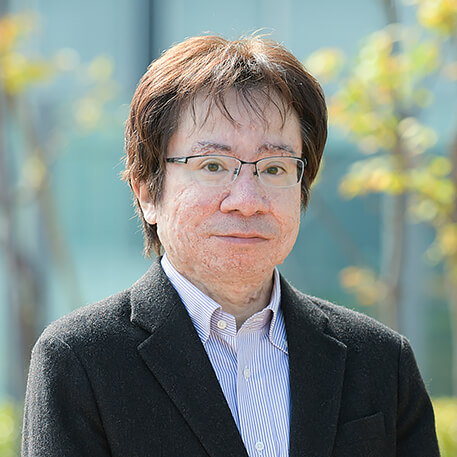 Takeshi AKITAProfessor, Ph.D. Research Theme Indoor and outdoor Soundscape, esp. effects of context on perception in acoustic environment
Takeshi AKITAProfessor, Ph.D. Research Theme Indoor and outdoor Soundscape, esp. effects of context on perception in acoustic environment -
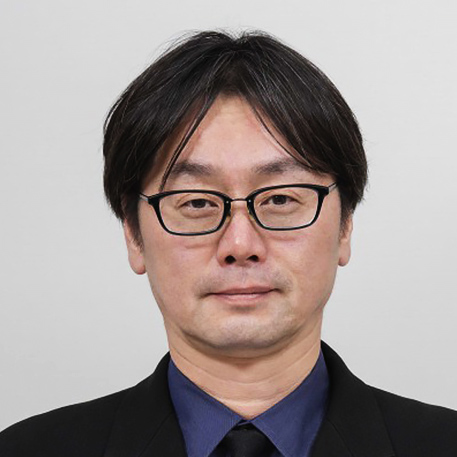 Hiroshi TSUCHIDAProfessor, Dr. Eng. Research Theme Urban Design, Project Design, City Planning
Hiroshi TSUCHIDAProfessor, Dr. Eng. Research Theme Urban Design, Project Design, City Planning -
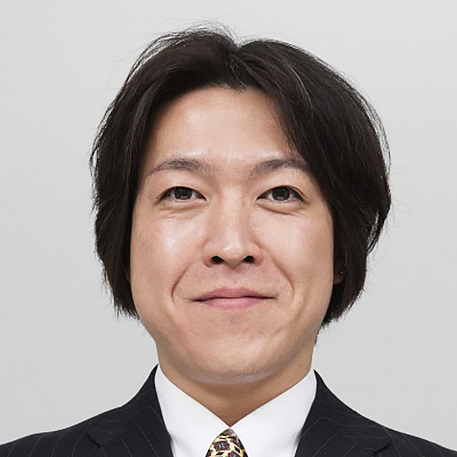 Masashi MOMOTAProfessor, PhD, Research Theme Energy conservation for HVAC systems of non-residential buildings
Masashi MOMOTAProfessor, PhD, Research Theme Energy conservation for HVAC systems of non-residential buildings -
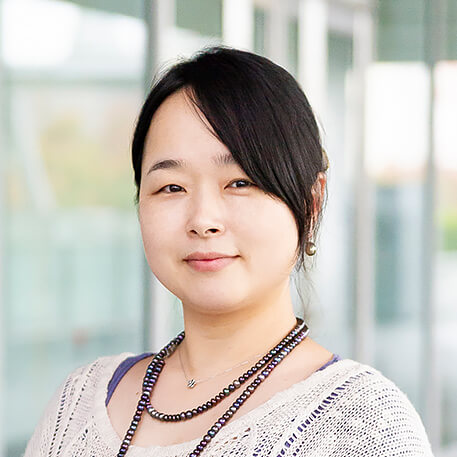 Asuka YAMADAProfessor, Dr. Eng. Research Theme Architectural Planning, Environmental Behavior
Asuka YAMADAProfessor, Dr. Eng. Research Theme Architectural Planning, Environmental Behavior -
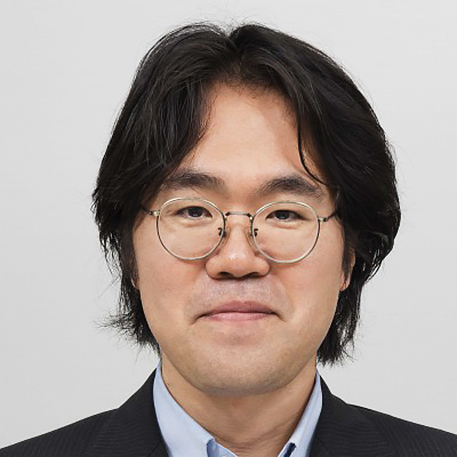 Yoshihiro YOKOTEProfessor, Ph.D. Research Theme Architectural Hisotory, Architectural Theory, Renovation design
Yoshihiro YOKOTEProfessor, Ph.D. Research Theme Architectural Hisotory, Architectural Theory, Renovation design -
 Masamichi SASATANIProfessor, PhD Research Theme Research Theme: Hybrid Structures, Structural Analysis, Structural Desing
Masamichi SASATANIProfessor, PhD Research Theme Research Theme: Hybrid Structures, Structural Analysis, Structural Desing -
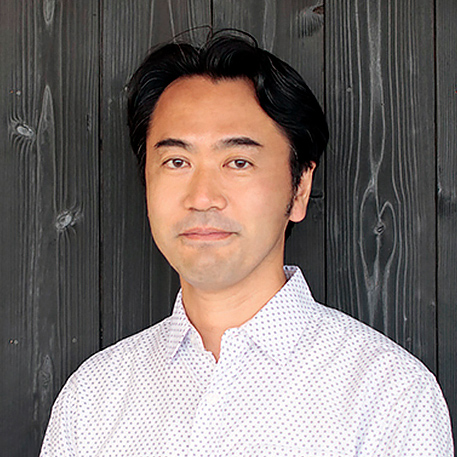 Masatoyo OGASAWARAProfessor, Ph.D. Research Theme Design Process Management, Building Construction, BIM
Masatoyo OGASAWARAProfessor, Ph.D. Research Theme Design Process Management, Building Construction, BIM -
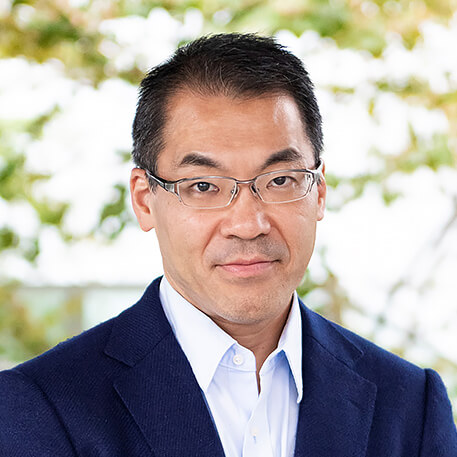 Takeshi ASAKAWAAssociate Professor, M.Eng. Research Theme Structural design, Wooden hybrid structure, Response controlled structure
Takeshi ASAKAWAAssociate Professor, M.Eng. Research Theme Structural design, Wooden hybrid structure, Response controlled structure -
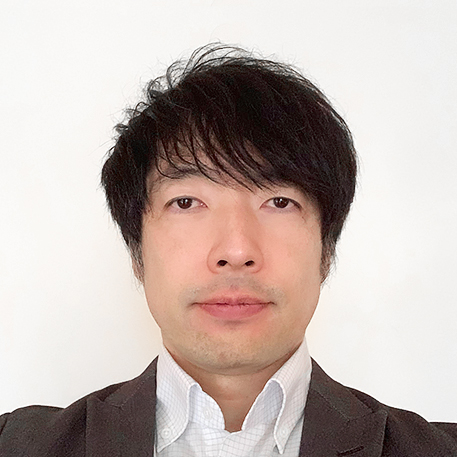 Atsushi OSAKIAssociate Professor, Dr. Eng. Research Theme Barrier-Free Environment Lab.
Atsushi OSAKIAssociate Professor, Dr. Eng. Research Theme Barrier-Free Environment Lab. -
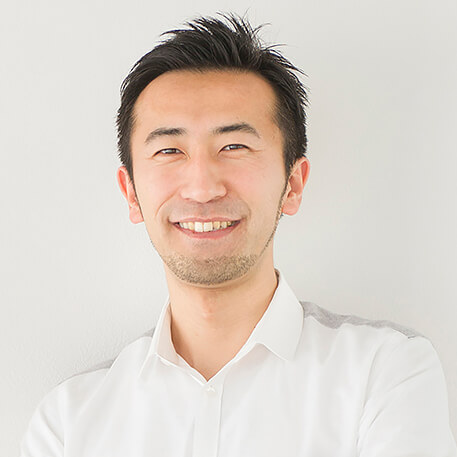 Daisuke SUGAWARAAssociate Professor, PhD(Arch), Research Theme Design methods about area design and architectural design
Daisuke SUGAWARAAssociate Professor, PhD(Arch), Research Theme Design methods about area design and architectural design -
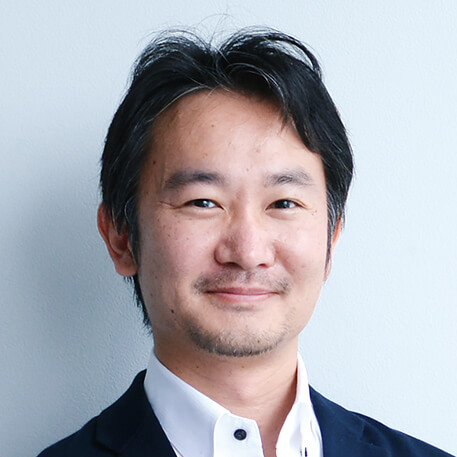 Masaya NISHIKAWAAssociate Professor, Ph.D. Research Theme Building Energy System, Designs & Operation of AC, Indoor Environment Quality
Masaya NISHIKAWAAssociate Professor, Ph.D. Research Theme Building Energy System, Designs & Operation of AC, Indoor Environment Quality -
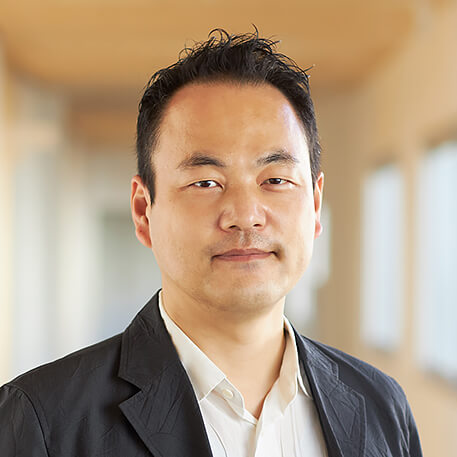 Masashi HINOAssociate Professor Research Theme Design methods for architecture and public spaces
Masashi HINOAssociate Professor Research Theme Design methods for architecture and public spaces -
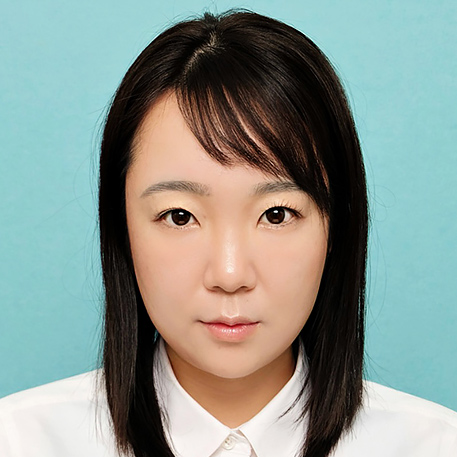 Sayuri HONMAAssociate Professor, Dr. Eng. Research Theme Ductile steel knee brace with built-in comb-shaped seismic damper
Sayuri HONMAAssociate Professor, Dr. Eng. Research Theme Ductile steel knee brace with built-in comb-shaped seismic damper -
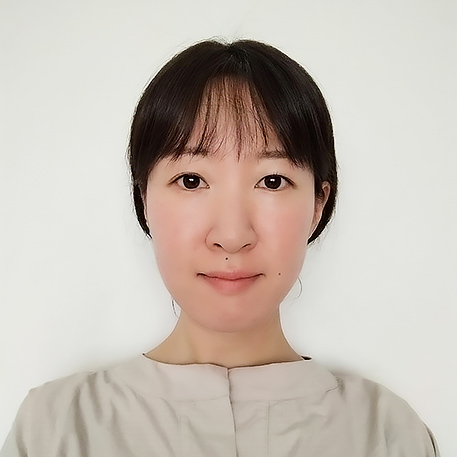 Yuka HONDAAssistant Professor, Ph.D. Research Theme Urban Design, Urban History, Municipal Formation Process
Yuka HONDAAssistant Professor, Ph.D. Research Theme Urban Design, Urban History, Municipal Formation Process -
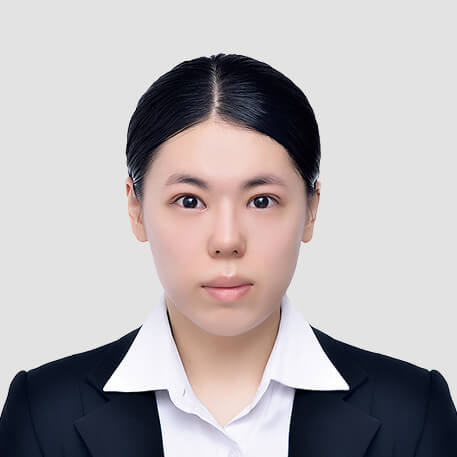 Minzhi YEAssistant Professor, Ph.D. Research Theme Zero Energy Building, Thermal comfort, HVAC System Optimization
Minzhi YEAssistant Professor, Ph.D. Research Theme Zero Energy Building, Thermal comfort, HVAC System Optimization -
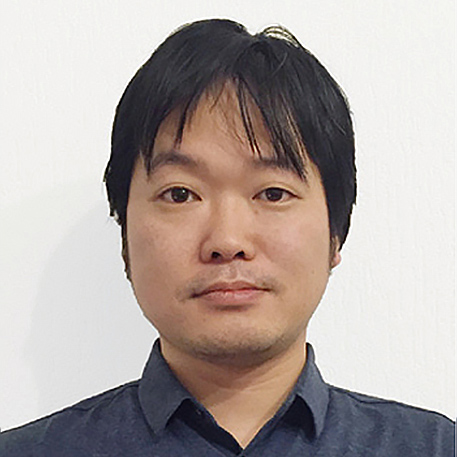 Souta MORIEng. / Lecturer / Registered First-Class Architect Research Theme Zero Energy Building, Thermal comfort, HVAC System Optimization
Souta MORIEng. / Lecturer / Registered First-Class Architect Research Theme Zero Energy Building, Thermal comfort, HVAC System Optimization
For Those Considering Graduate School Entrance Examinations to Our Laboratory
The graduate program in architecture builds on the technical foundation established during undergraduate studies, advancing students' abilities to develop and apply scientific and technological innovations for creating sustainable and intelligent living environments. The program focuses on nurturing specialists in key areas, including:
- General Entrance Examination
- Entrance Examination for Working Adults
- Special Selection for International Students (only available to international applicants)
To apply for any of these entrance examinations, you must meet the eligibility requirements and obtain acceptance from the faculty member you wish to work under.
For details about the entrance examinations, please visit the following link:
Graduate School Admission Information
For International Students
Our university has an International Center.
(Website link: https://www.dendai.ac.jp/about/international/center.html.)
International applicants must undergo a pre-application review by the International Center and obtain acceptance from the faculty member they wish to work under. If you are considering applying, please first contact the International Center through the following inquiry form.
https://form.run/@internationalcenter-contact-en
https://form.run/@internationalcenter-contact-en
Afterward, you will receive an explanation from the program coordinator about the curriculum, including the distinction between the "Research Course" and the "Studio Course" (a program in which students produce a master's design project as an equivalent to a master's thesis) in the Architecture and Building Engineering Program, as well as the requirement for earning internship credits.
International Center Contact Information
Address: 5 Senju Asahi-cho, Adachi-ku, Tokyo 120-8551, Japan
TEL: +81-3-5284-5208
TEL: +81-3-5284-5208
